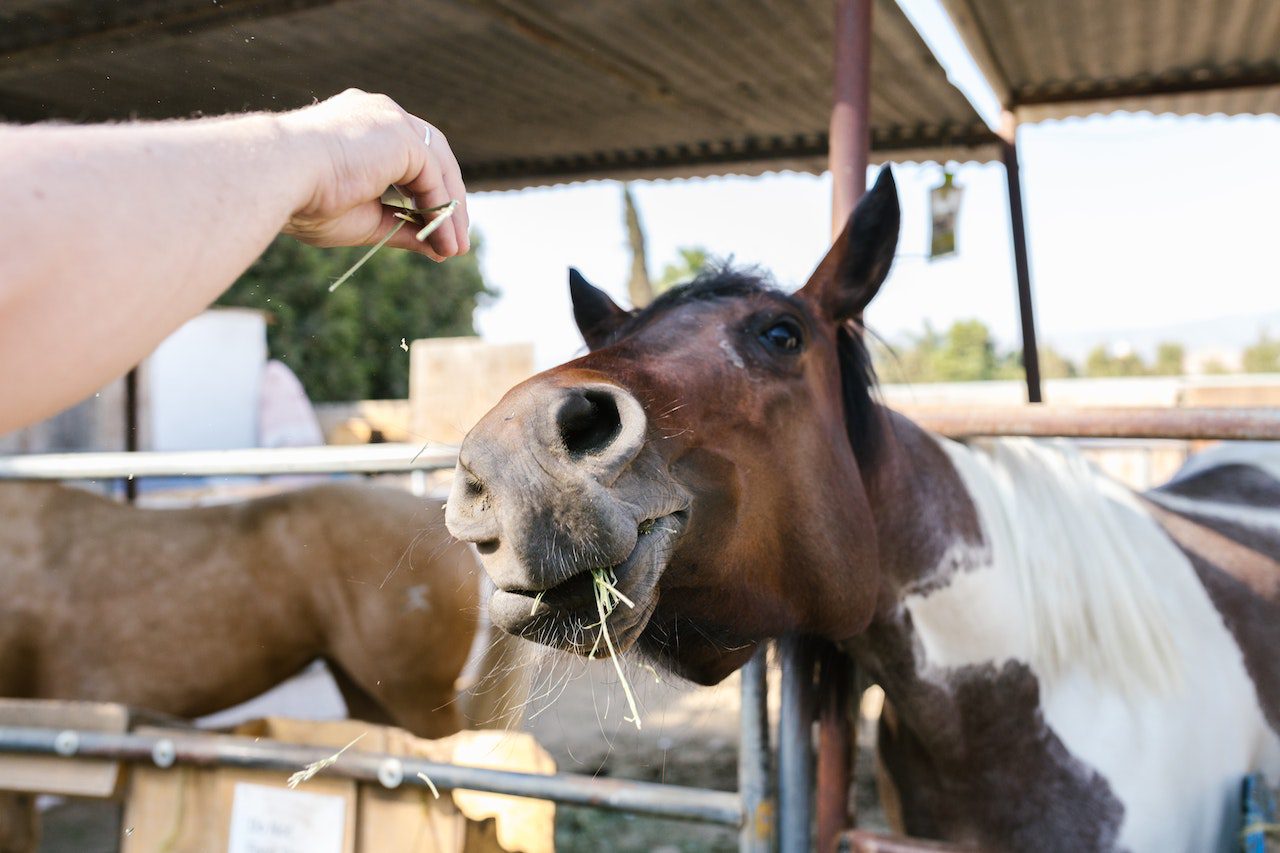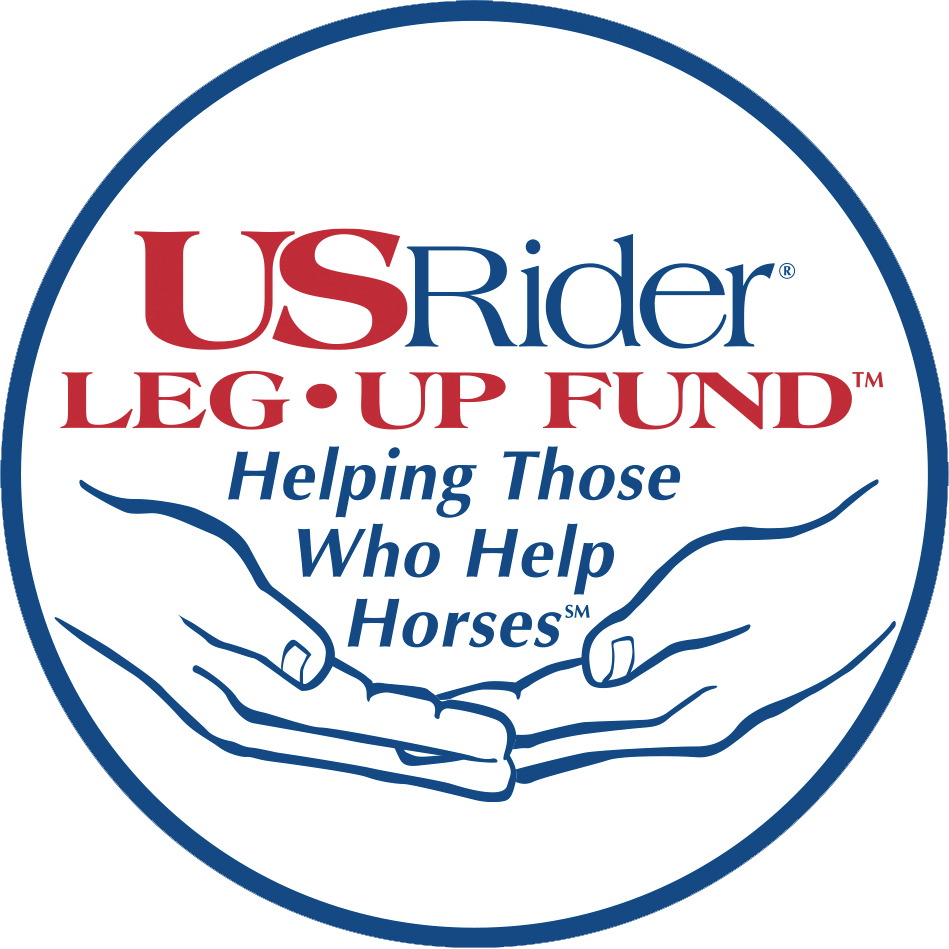Consistency is a good thing when it comes to equine diets. If your horse is doing well on his current feed, there’s no need to go messing with it. But there are times in a horse’s life...

Consistency is a good thing when it comes to equine diets. If your horse is doing well on his current feed, there’s no need to go messing with it. But there are times in a horse’s life when his diet needs to be reexamined and a change in feed may be warranted. Here are four such times:
• Change of life stage. There are feeds formulated and marketed for every life stage a horse may go through, from growing weanling to mature senior. As a horse moves through these stages, his nutritional needs can change significantly, so he may benefit from switching to a feed made specifically for his new situation. As your horse reaches different age-related milestones, keep an eye on his overall condition, and be prepared to make an adjustment in his feed if necessary.
• Change in activity level. A busy athlete may need a high-calorie, nutrient-rich feed, while that same horse on an extended break between seasons has much different dietary needs. Likewise, the energy requirements will grow for a pleasure horse who is stepping up his activity level before a busy trail season. Anytime a horse’s activity level changes, it’s wise to consider whether his ration is still appropriate. Sometimes, simply feeding more or less of the same product is fine, but you may need to switch to a different formulation altogether to best support his new lifestyle.
• Change in geographic location. Pastures and hays in different parts of the country supply different levels of nutrients, and those a horse doesn’t get from forage, he needs to get from feed. A move to a colder climate will increase caloric needs in winter months, which may also require a change in feed. A move across town isn’t likely to require any changes, but any significant relocation is reason to consider whether his current feed will still be appropriate.
• Change in health status. If your horse is diagnosed with a new condition or illness, a dietary change may be an important part of his treatment and ongoing management. The obvious example is metabolic disorders: An insulin-resistant horse may need a feed that is lower in sugars or carbohydrates than what he had been receiving. But other conditions, such as heaves, may require feed changes as well.
Remember that if you are going to change a horse’s ration, you need to do so slowly, over the course of a week or more. And your veterinarian, or a trusted feed professional with an academic degree in the field, is your best source of information.
This article first appeared in the August 2017 issue of EQUUS (Volume #379)
